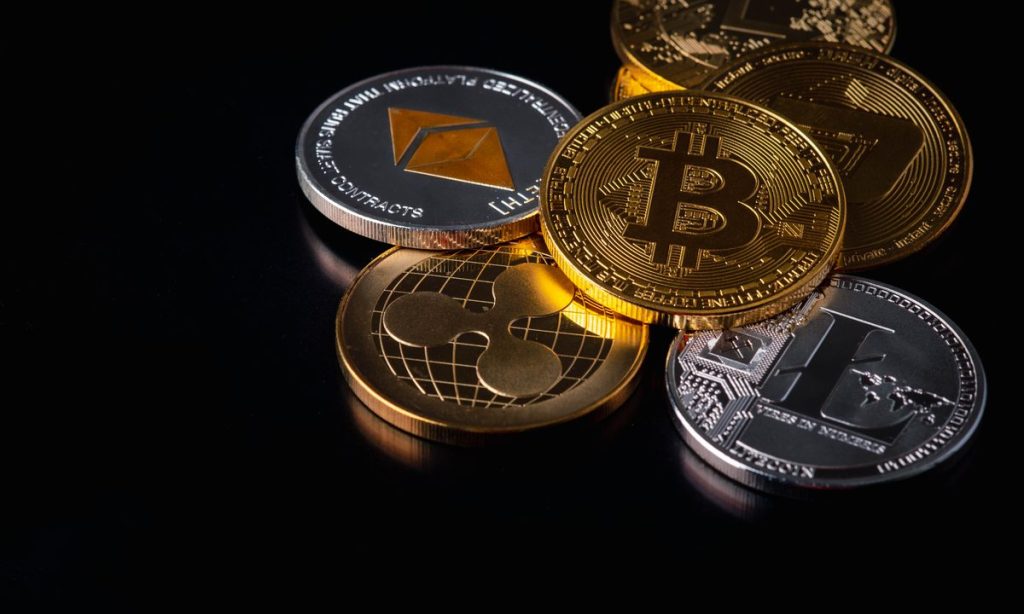Achieving excellence in financial planning requires a proactive approach, clear foresight, and structured strategies. Reserve fund studies serve as the cornerstone of this process, offering a practical and reliable way to anticipate future needs and maintain financial health. By integrating these studies into planning, individuals and organizations can create a stable, transparent, and sustainable financial framework.
Understanding Reserve Fund Studies
Reserve fund studies are comprehensive evaluations designed to project future repair, replacement, and maintenance costs. They assess current conditions, estimate the remaining useful life of assets, and determine funding requirements. By presenting a clear picture of upcoming financial obligations, these studies help transform uncertainty into actionable insights.
Key highlights include:
- Identification of long-term financial needs
- Detailed cost projections for future expenditures
- Structured guidance for maintaining financial health
- Clear timelines for funding contributions
Reserve fund studies empower financial planners to act proactively rather than reactively, fostering confidence and clarity. Boards should why not find out more about how a Reserve Fund Study Calgary prevents unexpected assessments by planning major expenses years in advance.
Enhancing Financial Planning Accuracy

A major benefit of reserve fund studies is the ability to create precise, realistic financial forecasts. Accurate projections reduce the risk of unexpected expenses and enable smoother budgeting processes. By incorporating these studies, financial planning gains a high degree of reliability and direction.
Benefits for financial accuracy:
- Predictable funding requirements
- Reduced risk of budget shortfalls
- Enhanced ability to plan for both short- and long-term goals
- Improved resource allocation and prioritization
Accurate planning ensures that financial goals are achievable and supported by data-driven insights.
Promoting Transparency and Confidence
Transparency is critical for building trust and confidence in financial planning. Reserve fund studies provide clear documentation of assumptions, projected costs, and timelines. This visibility fosters informed decision-making and encourages consistent funding practices.
Positive outcomes of transparency:
- Easy-to-understand financial reports
- Clear prioritization of essential expenditures
- Increased confidence in decision-making
- Stronger alignment between goals and available resources
When planning is transparent, stakeholders feel assured about the organization’s or individual’s financial trajectory.
Supporting Long-Term Stability
Long-term stability depends on foresight and disciplined funding. Reserve fund study Edmonton help distribute costs over time, reduce financial strain, and protect critical assets. This approach promotes sustainability and minimizes the risk of sudden financial shortfalls.
Advantages for long-term planning:
- Steady, predictable budgeting cycles
- Reliable contributions toward future needs
- Enhanced financial resilience
- Flexibility to adapt to changing circumstances
By planning for the long term, reserve fund studies lay the foundation for sustained financial success.
Driving Strategic Decisions
Reserve fund studies equip planners with actionable data to make informed, strategic decisions. This empowers careful evaluation of priorities, smarter timing of expenditures, and a proactive approach to financial management.
Strategic benefits include:
- Data-driven allocation of resources
- Effective prioritization of major projects
- Alignment between financial planning and objectives
- Ability to adjust strategies as conditions evolve
With these insights, financial planning becomes not just a task but a tool for achieving excellence.
Reserve fund studies are essential for anyone seeking financial planning excellence. They provide clarity, transparency, and long-term stability, creating a framework that transforms uncertainty into confident, strategic action. Integrating these studies ensures financial decisions are well-informed, sustainable, and positioned for success.


